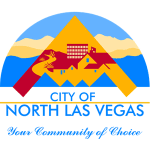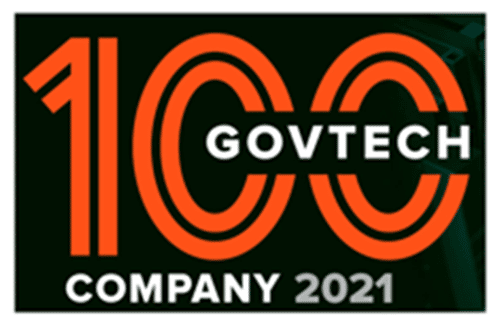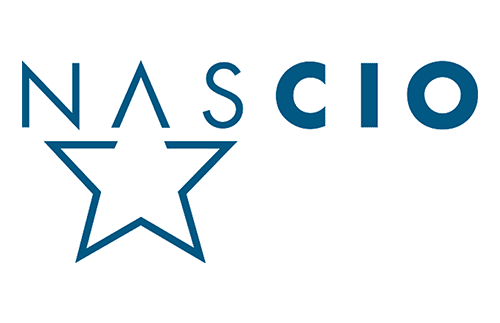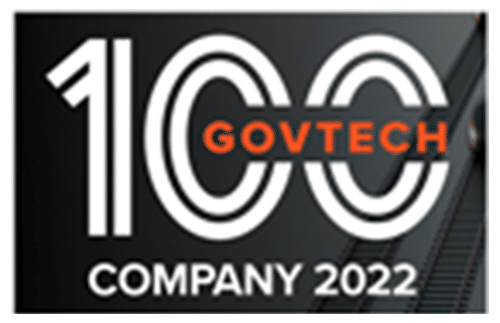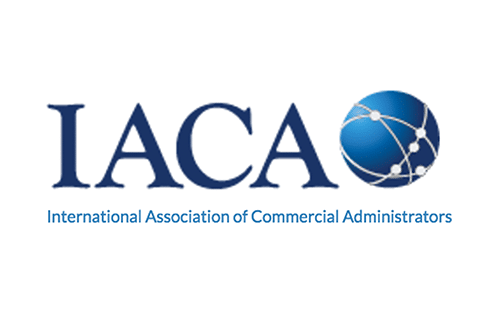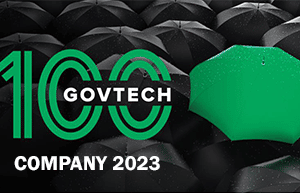Sophisticated Integrated Digital Form and Workflow Enables Distribution of Nearly $20M in Federal Funds to Its Community.
Like the rest of the world, the City of North Las Vegas’s crisis management skills were being put to the test in spring 2020. The COVID-19 pandemic had roiled the city’s businesses and residents. Companies were scrambling to figure out how to continue operations in the midst of stay-at-home-orders and social distancing guidelines, while everyday people’s lives were in flux as they weren’t sure if or how they would be able to earn a living and keep a roof over their heads.
The City of North Las Vegas didn’t want constituents to be alone in these struggles, though. City officials secured $23.8 million in federal Coronavirus Aid, Relief, and Economic Security (CARES) Act funding in late March that same year to help the city’s private organizations and taxpaying citizens through these unprecedented circumstances.


- 400 Labor Hours Saved
- 3 Weeks to Implement
- $20 Million Allocated
Challenge
- COVID-19 pandemic stalled many businesses
- $23.8M in CARES Act aid earmarked for small business and rental relief
- Business owners and residents unsure of future earnings
- Convert a paper-based process to a 100% digital one
- Go live with new grant program quickly—no time for rip-and-replace implementations!
- Provide user-friendly experience for citizens and city library application review staff
Solution
- Forms Wizard delineated comprehensive application form into a digestible online format
- Applicants filled out user-friendly form from any device
- Portal enabled easy upload of extensive accompanying documentation
- Automated workflow streamlined, organized, and tracked extensive back-and-forth between multiple employees during application review
Results
- Delivered nearly $20M in small business relief and rental aid during worst of COVID pandemic
- Distributed 83% of total allotted CARES Act dollars, by far the best performance of any Nevada agency
- Saved 400 personnel hours in labor
- Fully remote service went live in less than three weeks

